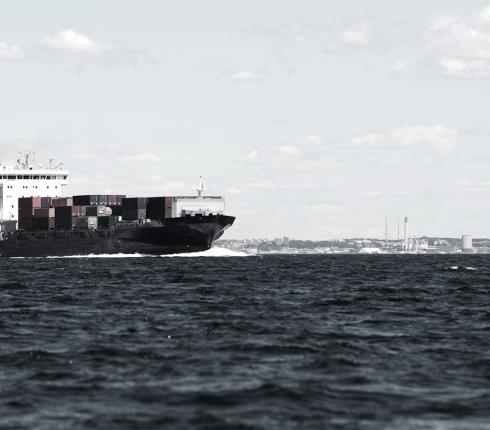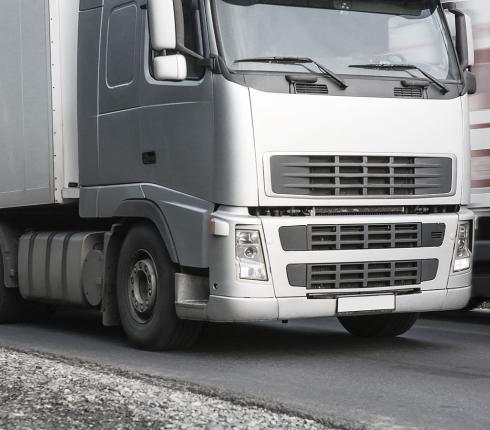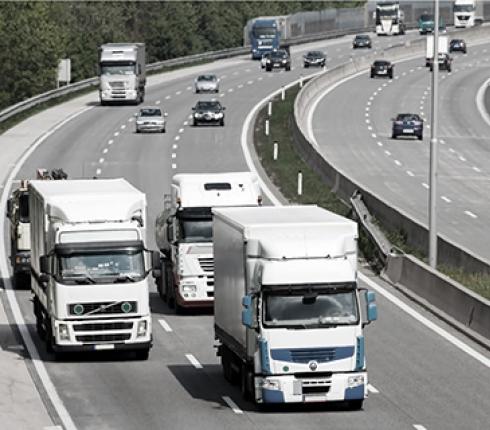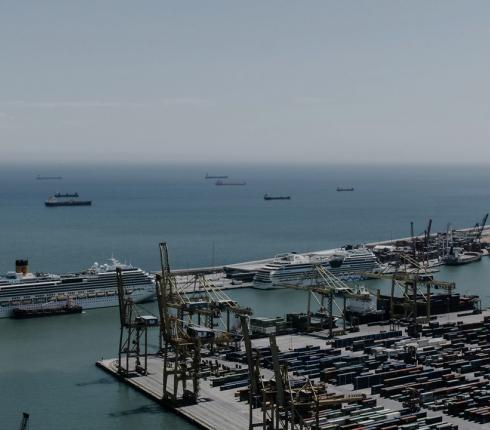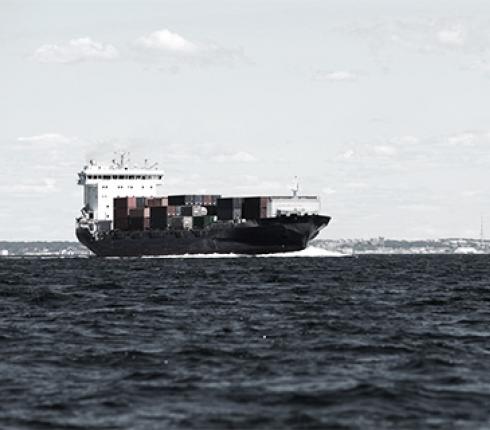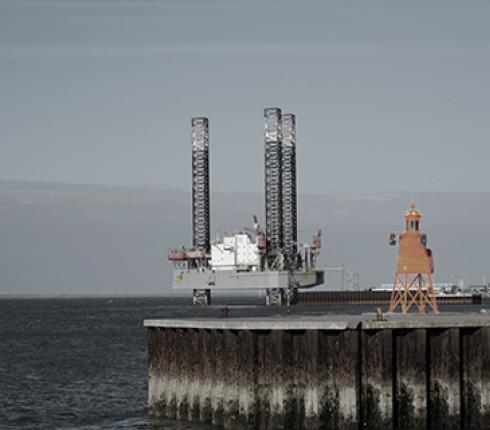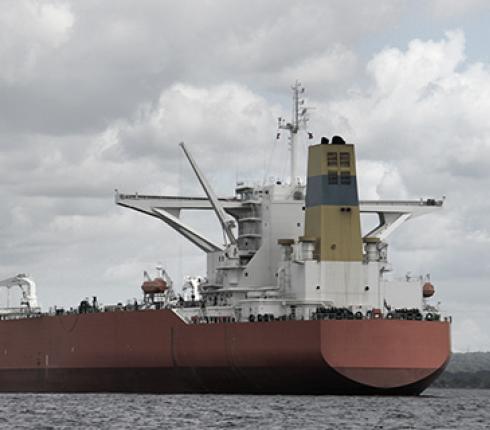New legal practice for Norwegian stevedores
The EFTA Court has declared that the Norwegian ports' conditions for stevedores infringe competition regulation under the EEA Agreement. An upcoming ruling of the Norwegian Supreme Court in this matter has the potential to radically change the conditions for stevedores in Norway and for Danish ship owners, ports and stevedores.
Norwegian stevedores, who are members of the Norwegian Transport Worker’ Union (NTF), are protected by a collective agreement. NTF has established an administrative office that employs stevedores, and these stevedores have exclusive rights to carry out stevedoring tasks in Norwegian ports under the collective agreement.
The Norwegian freight forwarder Holship Norway A/S was not a party to the collective agreement, and has used its own crew for loading and unloading cargo since 2013.
In 2014, the NTF sought the courts' approval to boycott Holship. The Drammen Tingrett and, on appeal, Borgating Lagmanssrett agreed found for NTF. The case was since appealed to the Norwegian Supreme Court, who asked the EFTA Court if the collective agreement for stevedores infringes the EAA Agreement’s competition rules.
The Norwegian collective agreement for stevedores restricts competition
The EFTA Court recently declared that the collective agreement is a competition restriction that cannot be justified by the need for protecting stevedores' interests. The collective agreement only protects those stevedores that are employed by the NTF's administrative offices in a limited numbers of ports. The collective agreement and NTF's boycott therefore infringed the EEA Agreement according to the EFTA Court.
The ruling is essential for all ship owners and operators who call at Norwegian ports and employ stevedores for loading and unloading cargo. Depending on the final judgment of the Norwegian Supreme Court, it may be relevant for ship owners and operators to consider whether the vessels’ own crew can solve such tasks more efficiently.
The Danish rules
The Danish collective agreement for stevedores and port workers differs from the Norwegian collective agreement in that the Danish agreement does not require that stevedores from a particular company are used. Ship owner and operators are not prevented from using their own employees for loading and unloading cargo, although in most cases it is a requirement that workers on land are used for such tasks.
Stevedores and port workers are covered by a general collective agreement, together with any supplementary collective agreements that may apply for individual ports. The unions can take legitimate collective action such as boycotts or strikes, if the relevant collective agreements are not respected. However, it is a requirement that the collective agreement and any action taken serves the common interest and protects the rights of stevedores, and that any specific initiative is proportional to its purpose. It is this common interest, which is the subject of the case before the Norwegian Supreme Court.
If the Norwegian Supreme Court finds that the NFT collective agreement infringes the EEA Agreement, this could potentially have an indirect influence on the degree to which a Danish collective agreement, and any collective action taking under such collective agreement, will be considered as serving the common interest and thus comply with competition regulation.
NJORD Law Firm monitors the progress of the case and awaits the final ruling of the Norwegian Supreme Court.









